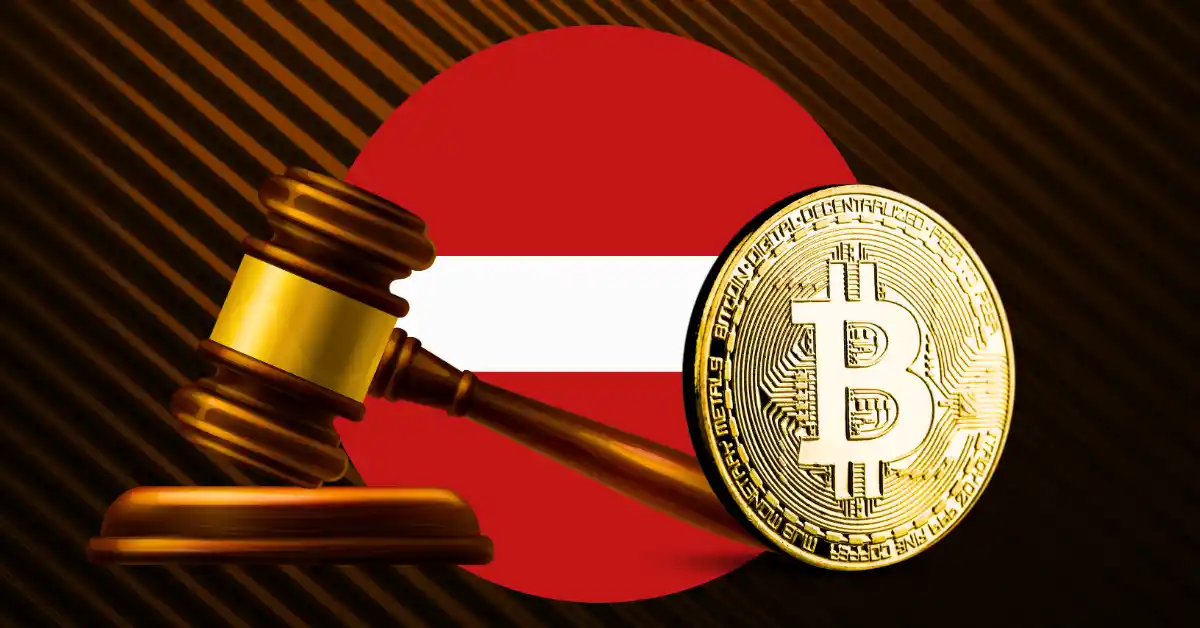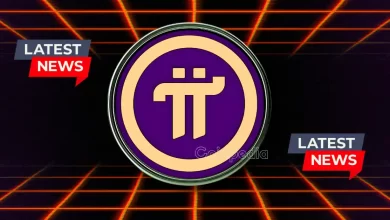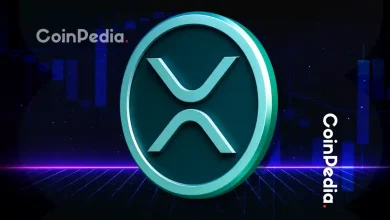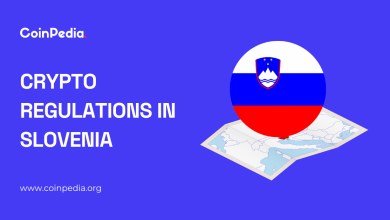
Latvia Aligns with EU Crypto Standards: Bill No. 24-TA-3148 enforces DAC8 and CARF rules, tightening crypto reporting from 2026.
Latvia Eyes Blockchain Leadership: With 20+ new startups and clear regulations, Latvia aims to become a top Web 3.0 innovation hub.
On June 3, the Latvian Cabinet approved Bill No. 24-TA-3148, a major step toward aligning the country’s tax laws with the Crypto Asset Reporting Framework (CARF) and the EU’s DAC8 directive. The new legislation introduces stricter reporting and due diligence rules for crypto asset service providers and will come into effect on January 1, 2026.
Key Highlights of Latvia’s New Crypto Regulation
- DAC8 Directive Implementation: The bill incorporates Directive 2023/2226/EU (DAC8), which mandates detailed reporting standards for crypto service providers to prevent tax evasion and crypto-related financial fraud.
- Automatic Data Exchange: Aligned with the Multilateral Competent Authority Agreement (MCAA), the new framework enables cross-border financial data sharing for better transparency under CARF.
- Stricter Reporting Obligations: The Common Reporting Standard (CRS) and CARF now extend to crypto, requiring service providers to report on crypto assets, swaps, and electronic money products, including central bank digital currencies (CBDCs).
- Non-Compliance Penalties: Failure to meet the reporting requirements can result in fines of up to EUR 14,000 (~$16,026).
- New Definitions Introduced: The bill formally defines reportable crypto assets and crypto swaps, plugging critical gaps in earlier regulations that allowed for loopholes in taxation.
- EU-Wide Adoption Deadline: All EU Member States must publish their DAC8-compliant rules by December 31, 2025.
Transparency and Innovation at the Core
The new crypto bill aims to increase transparency and cooperation across the EU by ensuring all crypto transactions, including indirect investments, fall under international reporting standards.
CARF also expands CRS coverage to include digital wallets and stablecoins, aligning with the OECD’s global push for crypto regulation.
Latvia’s Vision: A Blockchain Powerhouse
Latvia is rapidly emerging as a hub for crypto and blockchain innovation. According to the Ministry of Economics:
- Around 20 new blockchain startups are setting up operations in the country.
- Established names like Paybis reflect the growing confidence in Latvia’s crypto-friendly ecosystem.
With a clear regulatory roadmap, Latvia is positioning itself to lead in Web 3.0 development, attracting global talent and investment in blockchain technology.
Never Miss a Beat in the Crypto World!
Stay ahead with breaking news, expert analysis, and real-time updates on the latest trends in Bitcoin, altcoins, DeFi, NFTs, and more.
FAQs
In Latvia, capital gains from cryptocurrency trading for individuals are subject to a 25.5% personal income tax when crypto is sold for fiat currency. Non-residents may be exempt from this tax for a three-year period (2025-2027).
Yes, Latvia is increasingly crypto-friendly and aims to become a blockchain powerhouse in the EU. It’s implementing progressive regulations, offering tax incentives (like the non-resident exemption), and actively attracting foreign crypto companies and investment.
The Bank of Latvia (Latvijas Banka) is the primary authority responsible for licensing and overseeing crypto-asset service providers in Latvia, aligning with the EU’s MiCA Regulation. The State Revenue Service (SRS) handles tax-related compliance and reporting.
Trust with CoinPedia:
CoinPedia has been delivering accurate and timely cryptocurrency and blockchain updates since 2017. All content is created by our expert panel of analysts and journalists, following strict Editorial Guidelines based on E-E-A-T (Experience, Expertise, Authoritativeness, Trustworthiness). Every article is fact-checked against reputable sources to ensure accuracy, transparency, and reliability. Our review policy guarantees unbiased evaluations when recommending exchanges, platforms, or tools. We strive to provide timely updates about everything crypto & blockchain, right from startups to industry majors.
Investment Disclaimer:
All opinions and insights shared represent the author's own views on current market conditions. Please do your own research before making investment decisions. Neither the writer nor the publication assumes responsibility for your financial choices.
Sponsored and Advertisements:
Sponsored content and affiliate links may appear on our site. Advertisements are marked clearly, and our editorial content remains entirely independent from our ad partners.








